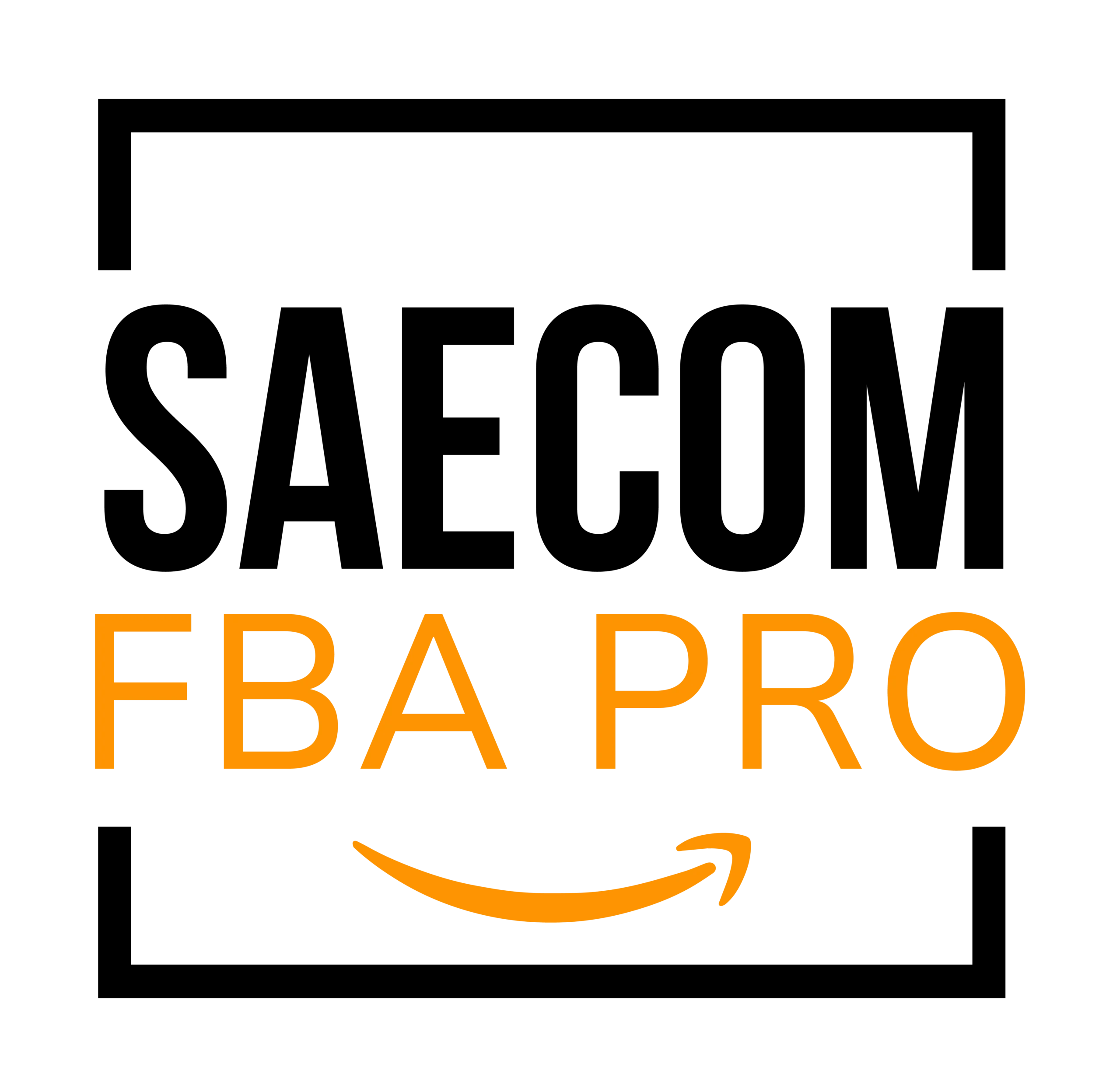What Is Amazon Basics? 2025 Seller Guide & How to Compete
If you are active on Amazon — whether as a buyer or a seller — you’ve likely noticed Amazon’s range of private label brands, particularly Amazon Basics. For shoppers, these brands offer affordable alternatives to popular products. But for sellers, it can raise concerns when Amazon launches similar items within the same niche.
In this guide, we will explain what Amazon Basics is, how it affects third-party sellers, and what strategies you can use to stay competitive.
What Is Amazon Basics?

Amazon Basics is the company’s first private label brand, introduced in 2009. It features a wide variety of products, including electronics, home essentials, office supplies, travel accessories, and more. The brand is known for providing budget-friendly options without sacrificing quality.
Since then, Amazon has expanded its portfolio, adding over 100 private label brands with thousands of products in multiple categories — intensifying competition for independent sellers.
How Amazon’s Private Label Brands Affect Sellers?
The presence of Amazon’s private label products can be challenging for third-party sellers. Since these products are often priced lower than major brands, they attract customers looking for value.
For instance, Amazon Basics batteries typically sell at a significantly lower price than well-known brands like Duracell — making it difficult for sellers to compete on price alone.
Here is how these private label brands can affect your business:
- Higher competition: Selling on Amazon means competing with other sellers and sometimes Amazon itself. As a business owner, it is essential to focus on improving your products and standing out.
- Less visibility: Amazon’s private label products often rank higher in search results, reducing the exposure of third-party listings.
- Lower pricing power: Amazon can undercut prices easily, thanks to bulk buying and lower production costs — advantage small businesses usually cannot match.
How to Compete with Amazon Basics and Similar Brands?

Even if Amazon offers a product in your category, it does not guarantee they will dominate every market. Sellers can still succeed by staying strategic and focusing on areas where private labels fall short.
Here are effective ways to stay competitive:
1. Target Niche Markets
Amazon Basics and other private labels do not cover every product category. Look for unique, specialized, or innovative products that these brands do not offer.
2. Optimize Your Product Listings
A great product listing can outperform even Amazon’s own products. Invest in professional product photography, informative infographics, engaging videos, and enhanced A+ Content to capture customer attention.
3. Build a Memorable Brand
Branding matters. Instead of selling generic products, create a brand identity that stands out. Memorable packaging, a unique logo, and consistent messaging can help customers choose your product over Amazon’s version.
4. Leverage Amazon Advertising
If you are part of Amazon Brand Registry, you have access to powerful advertising tools. Use Sponsored Products, Sponsored Brands, and other ad types to improve your product visibility.
5. Market Outside of Amazon
Do not rely solely on Amazon’s platform to drive traffic. Promote your products through social media, email campaigns, influencer partnerships, and paid ads on platforms like Google and Facebook.
Are You Competing with Amazon Basics?
If you find yourself going head-to-head with Amazon Basics or another private label, do not panic. By applying these strategies, you can maintain a strong position in the marketplace and build a loyal customer base.
Competition is part of any ecommerce business — it is how you adapt and respond that makes the difference.


